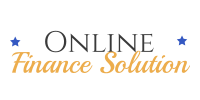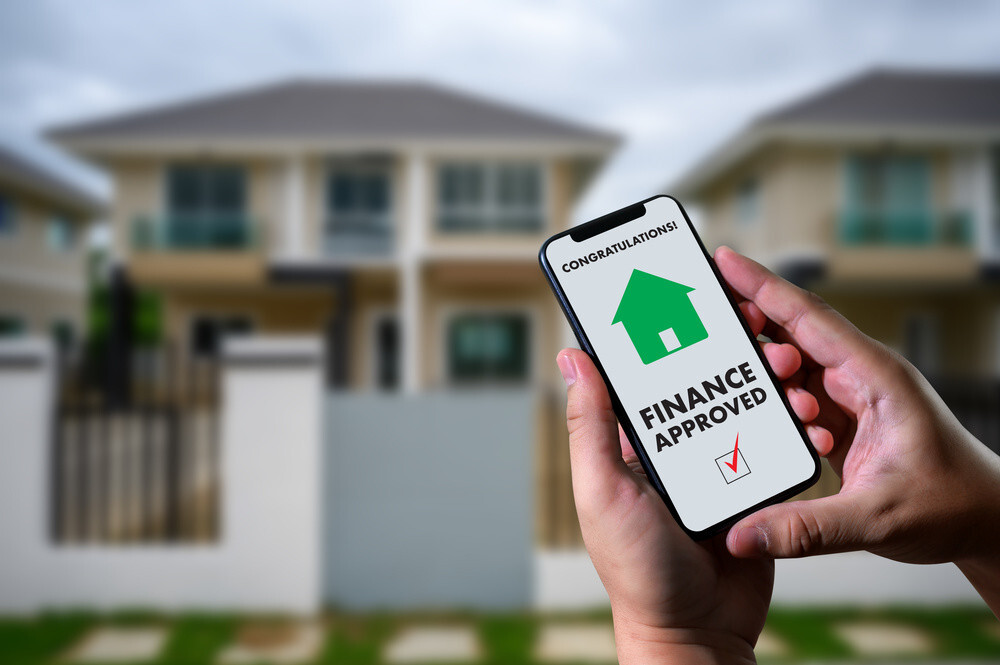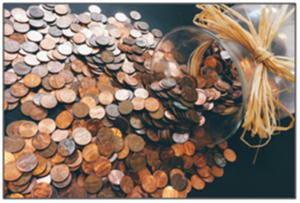Keeping financially afloat can be increasingly difficult as wages remain stagnant and the cost of living continues to rise. Regardless of whether you’re supporting an entire family or just yourself, being fiscally responsible and staying out of debt can be tough. Since there will be always be payments to be met, avoid going into debt to ensure that the bills are paid on time. Read on for five simple tips to maximize your earnings and avoid falling into debt.
1. Learn the Rules of Personal Finance
Image: Source
“Personal finance” covers a broad range of terms and topics that most people may not understand. Interest rates, service fees, overdraft protection, and a host of other terms used by creditors can be confusing without the proper education. To really get a handle on your finances and avoid the pitfalls of financing and loans, make sure to educate yourself by reading up online, seeking the advice of a debt settlement company, or taking local financial advisory classes.
2. Practice Better Budgeting
The recurring monthly expenses most adults are faced with include mortgages, car payments, utilities, insurance, and personal lines of credit, such as loans and credit cards. Drawing up a detailed budget of these expenses can help you determine how much money you are actually spending each month. It will also help you determine where you might be able to cut back in order to save money.
3. Stick to Payment Schedules
Nothing makes debt worse than missing a payment. Most companies hit you with stiff penalties and fees if you are even a few days behind. Consequently, interest rates are also likely to go up. Make sure to carefully plan out all of your recurring bills so you are aware of exactly when to make payments. Draw up a calendar, schedule email reminders, or create automatic payments to help you stick to your payment schedules effectively and efficiently.
4. Use Cash Over Credit
Image: Source
One of the leading causes of debt is caused by a dependence on credit cards. With the “bill me later” philosophy that these cards offer, it can be easy to forget just how much you are spending until it accumulates into a mountain of debt. While it may be easier to use your credit card for small purchases at the coffee shop or other minor expenses, it’s best to avoid doing so if you’re the type of person who is unlikely to keep close track of your balance. Keeping even $40 in cash on-hand for such incidentals is useful, as it can encourage you to cut down on credit card use and help you to avoid high interest rate charges on your card.
5. Set Goals for Larger Purchases
Small, spontaneous purchases like food and entertainment are one thing, but when considering larger purchases like a car or computer, plan well in advance.
Taking just a small part of each paycheck and setting it aside can help you prepare for those large expected purchases. It can also help you create a reserve in case something unexpected happens. Just be sure to stick to your budget plans instead of splurging on a spontaneous purchase too early, which will only increase your debt woes.
If you’re already in debt, using these tips will help you rectify your spending habits and help you get out of debt. For further assistance with your debt, consult with a debt settlement company and seek professional financial advice.
By actively using these strategies to avoid getting in debt (or falling even deeper into a current debt), you can rest assured of your eventual financial freedom. Start planning today to maximize your earnings, get out of debt, and maintain a savings account that can be a buffer when you someday need it.
Article by:
Albert Krav is a financial consultant and a freelance finance writer from Nashville, Tennessee. With over 10 years of experience in the financial sector, he has helped countless clients overcome their debt and achieve financial freedom. When he is not busy with work, he enjoys tending to his garden and hiking with his dog.










































